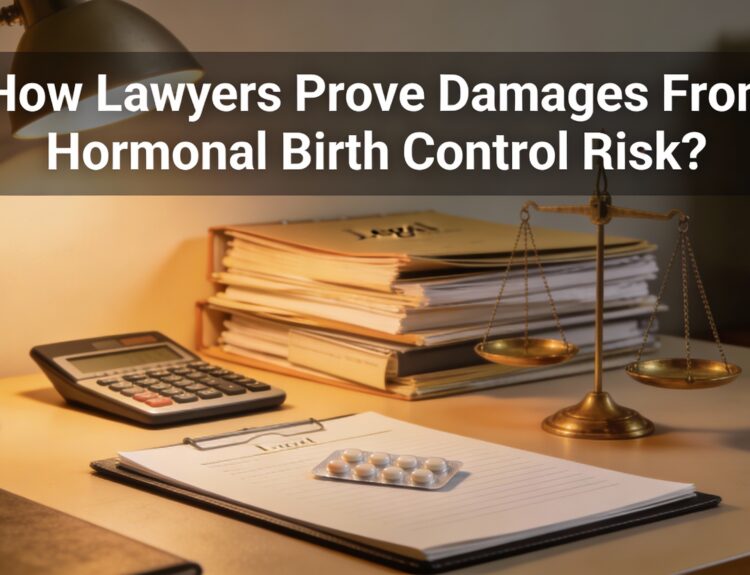In the state of Illinois, landlords are required to follow a legally defined process when evicting tenants. An eviction notice, which initiates the process, must meet specific guidelines to be considered valid. These notices serve as a written communication to the tenant, outlining the reasons for eviction and the time frame within which the tenant must respond or vacate the premises.
The key details included in an Illinois eviction notice are crucial to uphold the legal proceedings that may follow. Illinois law mandates that such notices provide clear information about the tenancy violation, the name of every adult tenant, the address of the rental unit, and the notice period given for the tenant to remedy the situation or leave. Furthermore, for certain violations like non-payment of rent, the notice must include the option for the tenant to correct the issue within a specified time to avoid eviction. The first step in the Illinois state eviction process is ensuring that all the necessary information is accurately presented.
Key Takeaways
- Properly drafted eviction notices are the first step in the Illinois eviction process.
- Illinois eviction notices require detailed information about the tenancy violation.
- Following the issuance of an eviction notice, specific legal steps must be taken to proceed.
Contents
Eviction Notice Details and Requirements
In Illinois, eviction notices must meet specific legal criteria to be considered valid. These details ensure the eviction process is fair and transparent.
Mandatory Content for Eviction Notices
Illinois eviction notices should contain several key pieces of information to be legally valid. First and foremost, the notice must include the date it was served to the tenant, allowing them to track the timeline of the eviction process. The notice should clearly state the address of the property in question, including unit numbers when applicable.
For nonpayment of rent, a 5-day notice is required, wherein the tenant has five days to pay the outstanding rent. If there’s a lease violation that isn’t related to payment, the landlord must provide the tenant with a 10-day notice. This notice should specify the lease term that was violated and give the tenant ten days to correct the issue or vacate the property. In cases where the landlord opts not to renew a lease or requires the property for other reasons, a 30-day notice must be provided for month-to-month tenancies.
Timelines and Delivery Methods
The delivery of eviction notices in Illinois is as important as their content. The law requires that notices be delivered either directly to the tenant or by certified mail. This ensures there is a record of receipt, which can be crucial if the eviction leads to court proceedings.
Landlords engaging in the Illinois state eviction process must adhere to strict timelines. After the specified notice period—be it 5, 10, or 30 days—if the tenant has not complied with the notice terms, the landlord may proceed with filing for a legal eviction. It’s important to note that illegal activities may require different notices and could speed up the eviction process.
Landlords must serve eviction notices carefully and are prohibited from performing “self-help” evictions, such as changing locks or removing tenant property. A court-ordered eviction is necessary to lawfully regain possession of the property.
Legal and Procedural Steps Following The Notice
After an Illinois tenant receives an eviction notice, landlords must strictly adhere to the legal procedures to pursue eviction. The process includes filing a legal complaint and navigating the court systems, which can involve tenant defenses and possible judgments.
Filing an Eviction Complaint
Once the grace period specified in the eviction notice expires, a landlord may file a complaint with the appropriate county court to begin the eviction process. This complaint must detail the grounds for eviction, such as non-payment of rent or violation of lease terms, and the relief sought, typically regaining possession of the property and any unpaid fees. Upon filing, the court will issue a summons for the tenant, which typically must be served by a sheriff or process server.
Court Processes and Tenant Defenses
The eviction hearing comes next if the tenant decides to contest the eviction. Both parties have the opportunity to present evidence and arguments. A tenant may provide defenses, such as proof of rent paid or disputing the claim of a lease term violation. If the tenant fails to appear, the court may grant a default judgment in favor of the landlord. After a trial, if the judgment is in favor of the landlord, an eviction order to vacate the property will be issued, and the tenant is typically given a short period to comply. Failure to do so allows the landlord to request law enforcement assistance to remove the tenant.
Conclusion
In Illinois, tenant eviction notices must adhere to strict legal requirements. These notices should clearly include the grounds for eviction, such as non-payment of rent or breach of lease terms, alongside the appropriate notice period which varies based on the tenancy type. Importantly, landlords must ensure that the method of delivering the notice is verifiable, typically through certified or registered mail. This procedural diligence is crucial for upholding the rights of both parties and ensuring that the eviction process, if necessary, proceeds within the framework of the law.




